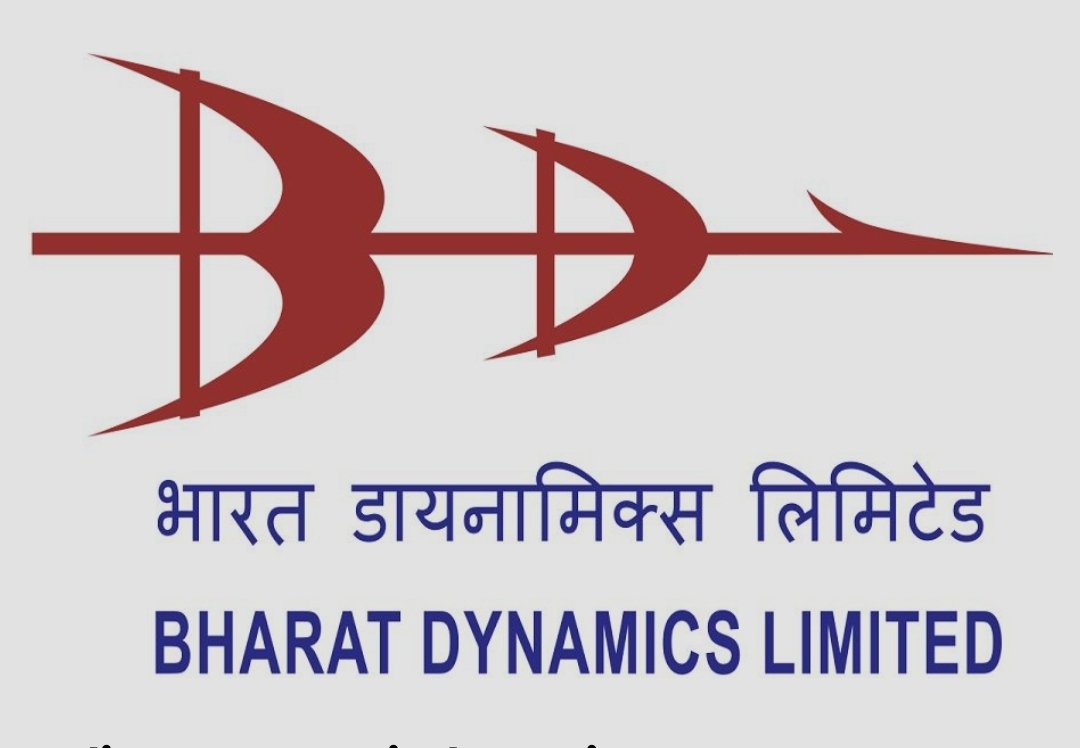DELHI JAL BOARD SETS UP FOCUS GROUP TO HANDLE MULTIPLE ISSUES
DJB SETS-UP FOCUS GROUPS TO HANDLE MULTIPLE ISSUES
The Delhi Jal Board has taken some critical steps in its endeavour to provide the best of water and wastewater services to the residents of Delhi by setting-up multiple Focus Groups on various issues pertaining to water supply and sewerage. These Focus Groups comprise of senior officers of DJB and are chaired by the Chief Executive Officer. The objective of these Focus Groups is to deliberate on various subjects in-depth and identify gaps and propose practical and innovative solutions.
The Focus Group on Sewerage Issues plans to provide DJB customers universal access to sewerage facility, and other services related to collection of entire sewage and its treatment into the required standard with an aim to utilize/dispose-off the treated effluent in an efficient manner without affecting the environment.
In line with the plan, DJB plans to commission 5 more Sewage Treatment Plants (STPs), adding to the number of STPs which, currently, stands at 36 STPs, at 21 different locations. While the STPs at Yamuna Vihar (25 MGD), Pappan Kalan Phase II (20 MGD), Nilothi Phase II (20 MGD), Delhi Gate (15 MGD) and at Chilla (9 MGD) shall be commissioned by the end of this year in a phased manner the trial run of the Chilla STP has already been initiated. Currently, DJB has an installed capacity of around 600 MGD. The commissioning of these STPs would augment the total installed capacity to 684 MGD, thereby taking care of the 680 MGD of sewage generated in the city. This would result in DJB’s self-sufficiency in treating the entire sewage generated in the city.
In order to induce efficiency in the sewage carrying capacity and infrastructure of DJB, the Focus Group on Sewerage Issues has proposed to rectify conveyance system right from the households upto the STPs in a proactive and time bound manner. In the future, DJB also plans to undertake critical efforts to encourage abatement of pollution in the River Yamuna by preventing the flow of sewage into the storm water drains and diverting it to the regular sewerage network.
As an attempt to optimize its resources and increase service efficiency, the Focus Group proposed to optimize sewage load as per the requirement, and also suggested replacement of the old and inefficient equipment by energy-efficient equipment resulting in an increased power factor.
To ensure a speedy billing mechanism, the Revenue Department has been asked to issue the bills pending due to exception by a certain deadline.
In order to increase the efficiency, the Delhi Jal Board will install flow meters at all strategic locations to measure the flow being pumped from the Water Treatment Plants (WTPs) and to compare the draw at various points from conveyance line to different areas, on the same line, as done in the command area of the Bhagirathi WTP.
All the Chief Engineers in-charge of maintenance shall adopt a WTP for water auditing. It was decided that the adoption of plants will be as under:-
Sonia Vihar and Okhla WTP CE(South)
Chandrawal and Wazirabad WTP CE(Central)
Bhagirathi WTP CE(East)
Haiderpur WTP CE(West)
All the Chief Engineers shall draft plans of action in order to ensure better rationalization of water supply within their jurisdiction.
In the meeting of the Focus Group on Infrastructure Issues, also held under the chairmanship of the CEO, it was decided that the creation of all new infrastructure shall be taken up in a planned manner. The Delhi Jal Board has been able to undertake the replacement of all major Transmission Mains in a phased manner, which has resulted in controlling the losses and accidental bursts in these Transmission Mains. In order to better develop the infrastructure, the Board has also decided to collect the data regarding the approximate age of the infrastructure and map it in the GIS.
* * * * * * *






